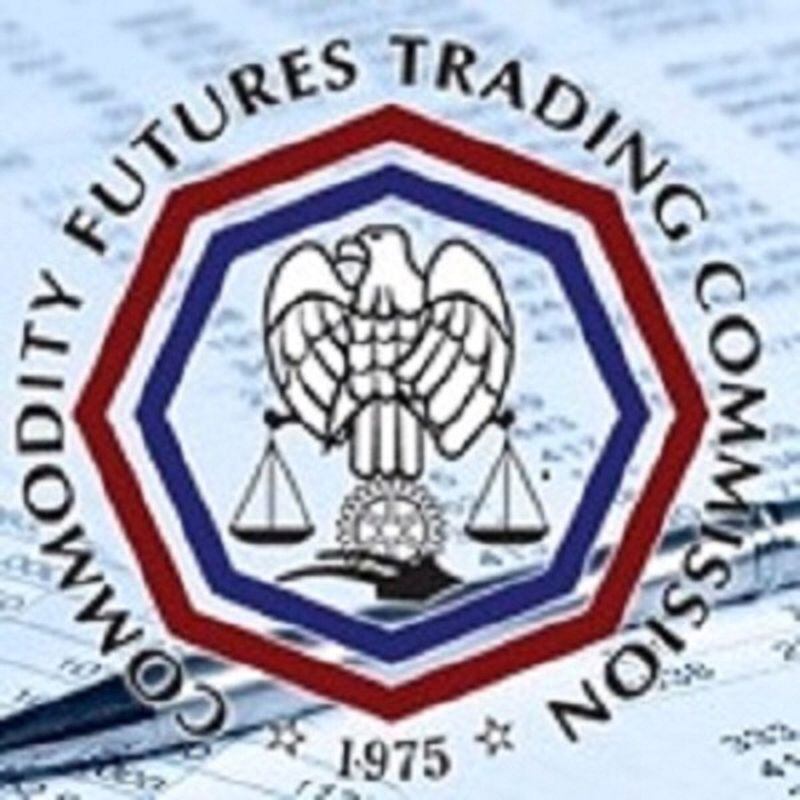Not just no, but hell no was the answer a Brookhaven man got from a federal agency that oversees one corner of the financial markets.
Ronald Edward Fisher was turned down in his request to register himself and his firm, Zero Chaos Advisors, with the U.S. Commodities Futures Trading Commission, which oversees futures and swaps markets. What's more, Fisher agreed to never to apply for registration again; claim exemption from registration; never to engage in any activity requiring registration with the CFTC; and never to act as a principal, agent, officer, or employee of any person registered or required to be registered with the agency.
Why the rebuke? A little matter of his 1998 conviction for bank fraud and false and misleading statements he made in applying for registration in 2014, the agency said in a Tuesday news release.
Back in 1998, Fisher was sentenced to 63 months in prison after being accused of embezzling $1.1 million from Citibank. He also was accused of transferring $12.3 million of shares of a company into an account in his own name, records show.
It's unclear when he moved to Georgia, but in 2007 Fisher incorporated Zero Chaos Advisors here, state records show. Then in 2010, Fisher applied with the National Futures Association to become a principal of Zero Chaos, and acknowledged he had a felony conviction, but failed to disclose that he had any violations involving embezzlement, theft, extortion, fraud, fraudulent conversion or misappropriation of funds, securities of property. He also didn't disclose that he had been fired as a result of such allegations.
Credit: Lois Norder
Credit: Lois Norder
Later, he also failed to inform the National Futures Association that he had spent at least $650,000 of the $1.1 million he stole on himself and his family, CFTC says. Instead, he claimed he only temporarily took the cash and securities as he and colleagues attempted to locate the owner. NFA wasn't buying it, and Fisher withdrew that registration.
Then in 2014, he applied again and again failed to disclose violations. He agreed to settle with CFTC without admitting or denying any of its findings, according to documents CFTC released on Tuesday.
The CFTC works to protect the public from fraud, manipulation and abusive practices in the trading of futures contracts and swaps.
About the Author






